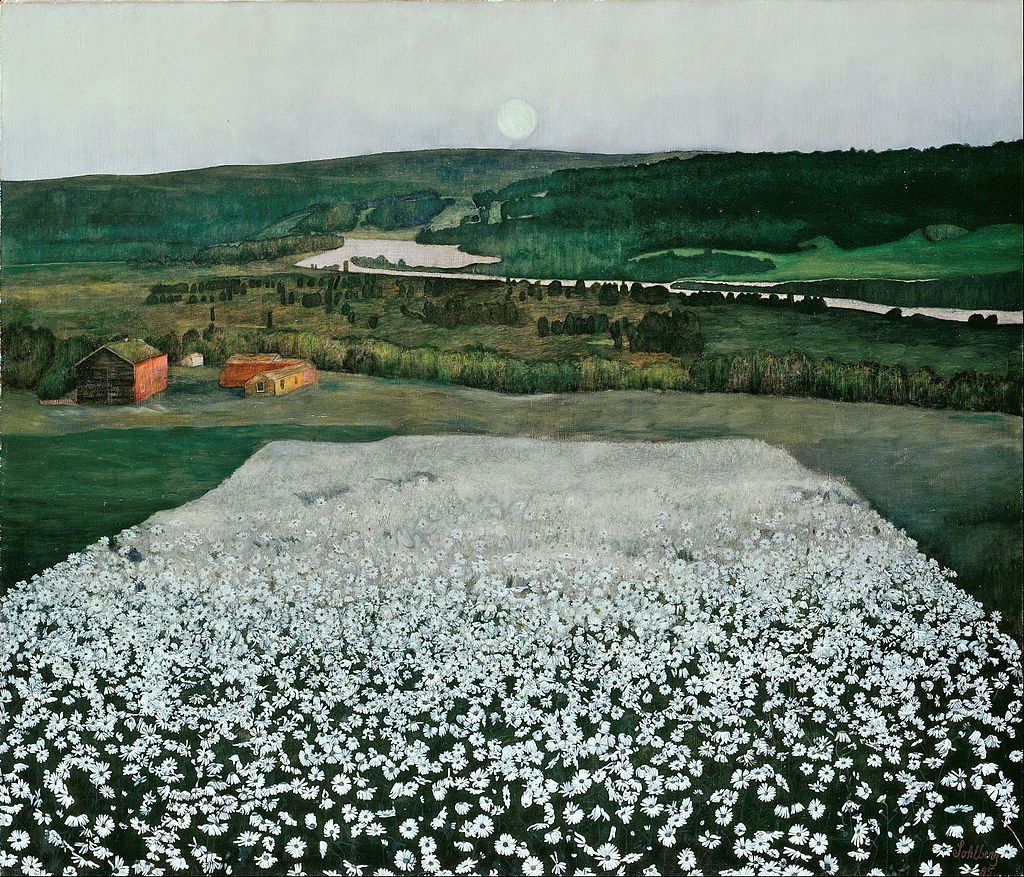My favourite parts of Václav Cílek's To Breathe With Birds (2015) are those descriptions of sites in Bohemia that lead off into speculation on the meaning of landscape, and his references to Mitteleuropean culture that are unfamiliar to English readers. Just one example of the latter: 'the painter Václav Rabas used to say that it is important to find one's own square kilometer of landscape and try to understand it.' A footnote explains that Rabas (1885-1954) was a landscape painter whose artistic focus for several decades was a small agricultural area near Krušovice, a village to the west of Prague.' The book's twelfth essay, 'Places from the Other Side', is perhaps the best example of his writing on the landscape of the Czech Republic, focusing on sites in the Sudetenland - former kaolin mines, depopulated villages, a musical city where 'trout jump joyfully' above the rivers in summertime... There are references to Kafka, Borges and Adalbert Stifter but Cilek's focus is on what he experiences. At a spot where Goethe once picked up phenocrysts of feldspar, Cilek is filled with gratitude by the simple sound of the river in the deepening night. This region's beautiful old towns - Loket, Úterý, Rabštejn, Slavonice - are fragments of a forgotten dream, like Calvino's Invisible Cities.
The last essay in the book, 'Bees of the Invisible', sets out what Cilek has learned about landscape in his decades as an earth scientist and writer. I will briefly paraphrase his twelve 'rules' here, which 'shouldn't be taken too seriously, because the essence of a place and the essence of a person cannot be captured in a single schema'.
- The Rule of Home: we must travel, but we are at home in only one landscape
- The Rule of Resonance: finding a small place that resonates for you is better than making a large pilgrimage where you are just a visitor
- The Rule of Irreplaceability: certain places and cities cannot be replaced by others
- The Rule of Blowing: our spirits are blown to certain places; we must respect these sites and that which moved us to go to them
- The Rule of Various Viewpoints: aesthetic, historical and scientific appreciation of landscape are equally important
- The Rule of the Lid - some landscapes are covered, their essence concealed
- The Rule of Return - it is necessary to return continually to some sites for them to reveal themselves
- The Law of the Slow Approach - certain places require respect and an indirect approach
- The Rule of Friendly Teasing - if a landscape responds to active questioning its answers may be misleading
- The Rule of Sacred Games - the images a landscape conjures may refer to real events, but they may also be impossible to explain
- The Rule of Culmination - the spirit of a place grows and changes over the centuries
- and finally, The Rule of Mutual Awakening -
'By traveling to places, we awaken and heal the earth, which repays us. A place in the landscape corresponds to a place in the heart.'











